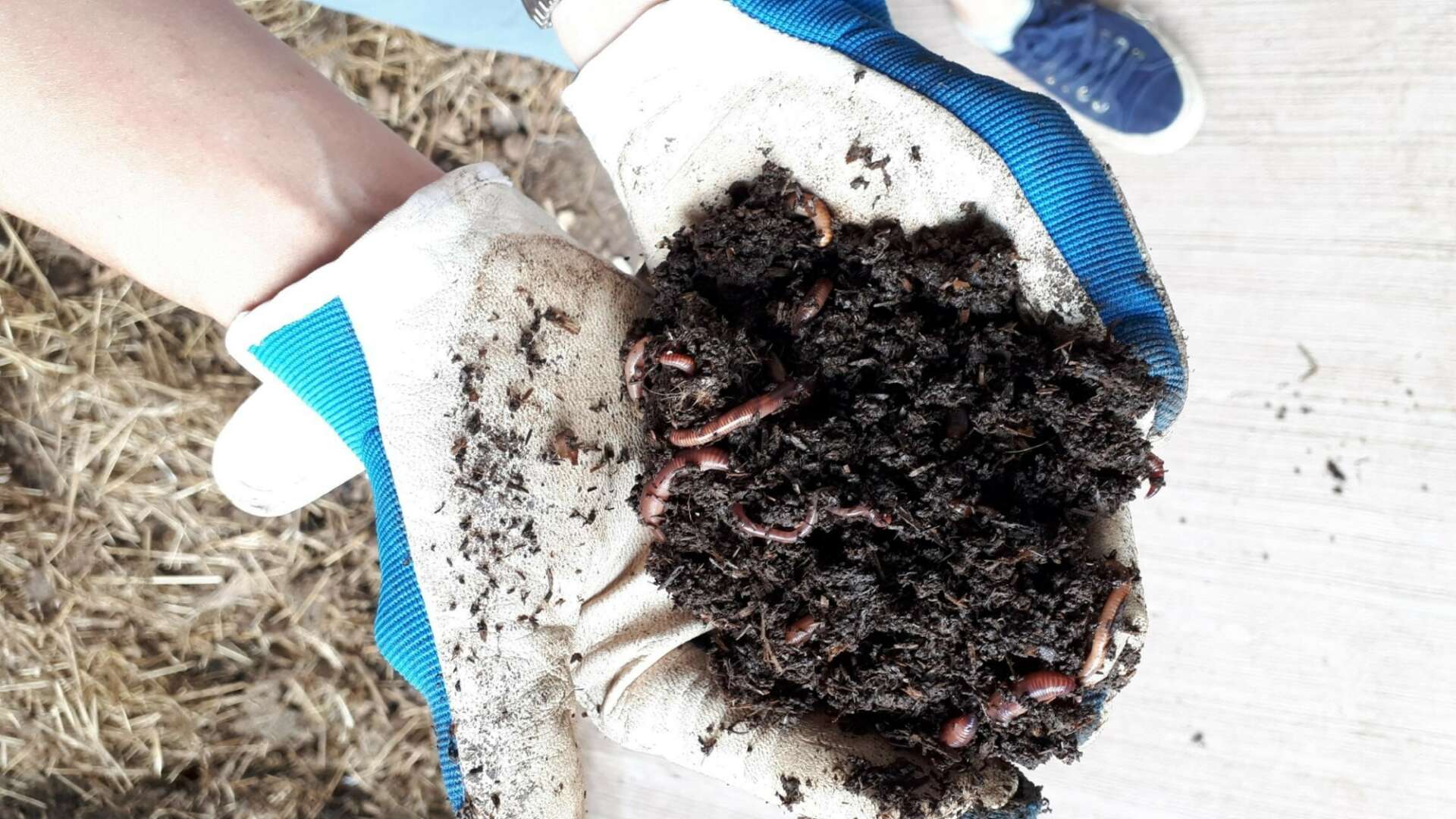Farmland worm survey reveals worrying results

The citizen science project, led by Dr Jackie Stroud, a NERC Soil Security Fellow at the Rothamsted Research centre, involved farmers digging for worms in their own fields. It found “most fields have basic earthworm abundance, but 42 per cent of the fields may be over-worked”, thus creating scarcity or absence of surface-dwelling and deep-burrowing worms. Worms are a vital part of the thrush (and other birds') diet, and adds to the evidence that they are being affected by a reduction in farmland earthworm populations, along with the loss of hedgerow nesting sites.
The farmers dug a series of 20cm2 pits across their land in the spring of 2018. The average field had 9 earthworms in every spadeful of soil, with top fields having three times that number. One in 10 fields had high earthworm numbers of more than 16 worms per spadeful. Dr Stroud said the absence of deep-burrowing worms from 16 per cent of fields was of particular concern because they are 'drainage worms' with vertical burrows that aid water infiltration and help stop fields getting waterlogged.
She said: “The deep-burrowing worms have slow reproduction rates so recovery in their populations could take a decade under changed management practices. In fact, we know very little about earthworm recovery rates.”
Nearly 60% of the farmers pledged to change their soil management practices. Dr Stroud added that empowering farmers to survey their own soils would save about £14 million in soil health monitoring if rolled out nationally. Stressing the importance of earthworms, Dr Stroud added: “Earthworms play really important roles in plant productivity and are great bird food as well. They are really important in our soil systems. They influence carbon cycling, water infiltration, pesticide movement, greenhouse gas emissions, plant productivity, the breeding success of birds and even the susceptibility of plants to insect attack."
Decisions made above the ground, whether by farmers or policy makers, influence the billions of earthworms that are engineering the soil ecosystem below the ground."
See here for the full survey and report
And here for information about how important earthworms are in your organic garden